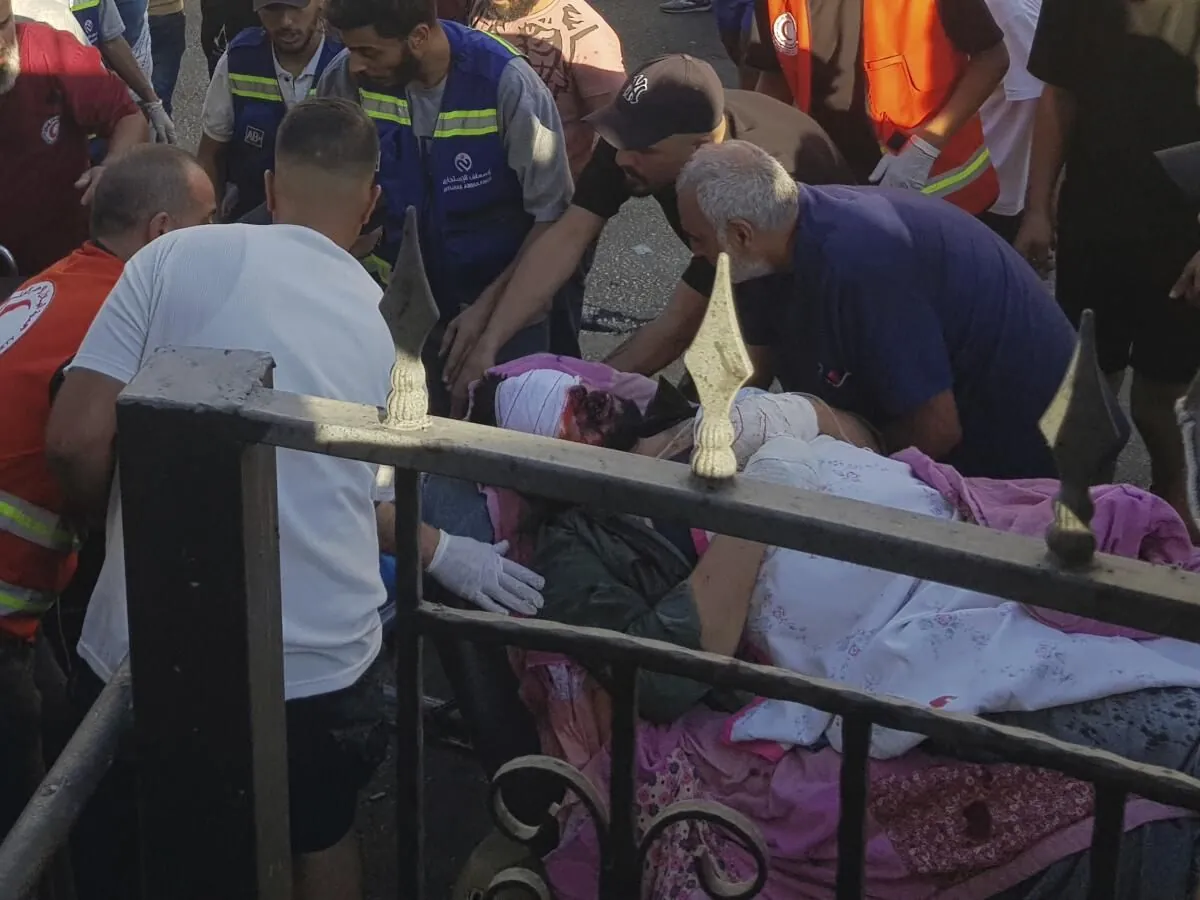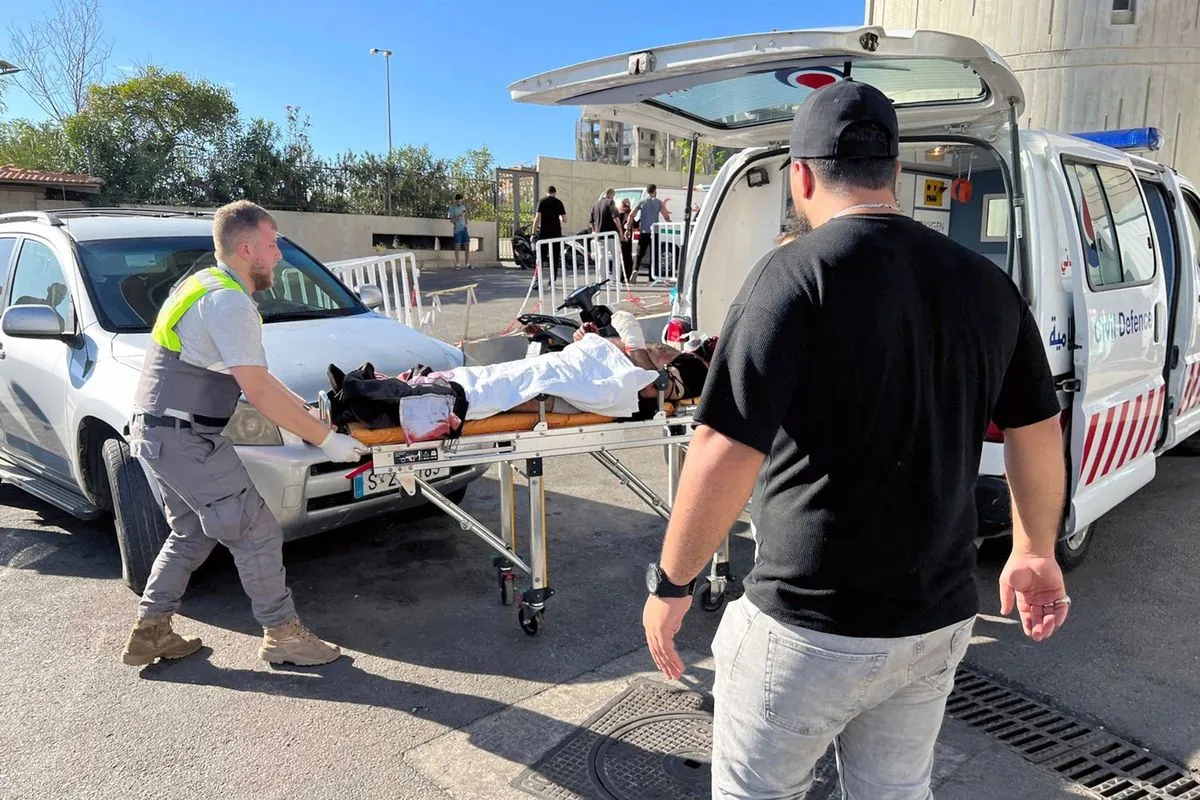Hezbollah Vows Retaliation After Deadly Pager Attacks in Lebanon
Unprecedented explosions of electronic pagers across Lebanon kill 12 and injure 2,800. Hezbollah blames Israel and promises continued operations, raising concerns of regional escalation.

In a shocking turn of events, Lebanon experienced an unprecedented attack on its communication infrastructure, resulting in the detonation of thousands of electronic pagers across the country. The incident, which occurred on September 17, 2024, at approximately 3:30 p.m., claimed 12 lives and left 2,800 individuals injured, according to Firas Abiad, Lebanon's Health Minister.
The attack, which Hezbollah attributes to Israel, has heightened tensions along the Israel-Lebanon border, a region that has been a flashpoint for decades. Israel has neither confirmed nor denied involvement in the incident.
Hezbollah, a Lebanese Shiite Islamist political party and militant group founded in 1985, issued a statement vowing to continue its military operations against Israel in support of Gaza. The organization, considered a terrorist group by several countries including the US and EU, emphasized that this attack would not deter their ongoing campaign, which began in October 2023.
"This is another reckoning that will come."
The sophisticated nature of the attack has raised questions about its execution. Experts suggest that explosives may have been pre-planted in the devices before their distribution by Hezbollah. This incident has drawn comparisons to the devastating Beirut port explosion of August 4, 2020, one of the largest non-nuclear explosions in history, which killed over 200 people and injured thousands.
Lebanon, a country of approximately 5.5 million people, has seen its healthcare system overwhelmed by the attack. Firas Abiad reported that 460 surgeries were performed, with 300 patients remaining in critical condition. The casualties included an 8-year-old girl and an 11-year-old boy, underscoring the indiscriminate nature of the attack.

The incident has had far-reaching consequences for Lebanese society. Schools and universities were closed on September 18, 2024, as unions called for strikes in solidarity with the victims. This response reflects the deep impact of the attack on a nation already grappling with economic crises and political instability since 2019.
International reactions to the incident have been swift. The British government expressed distress over civilian casualties and urged de-escalation. Egypt offered support to Lebanon, while Turkey's President Recep Tayyip Erdogan warned against regional escalation in a call with Lebanese Prime Minister Najib Mikati.
As tensions rise, the 120-kilometer Israel-Lebanon border remains a potential flashpoint. The presence of the United Nations Interim Force in Lebanon (UNIFIL) since 1978 underscores the long-standing nature of the conflict in this region.
This latest development adds another layer of complexity to the already volatile situation in the Middle East, with potential implications for regional stability and international relations.


































